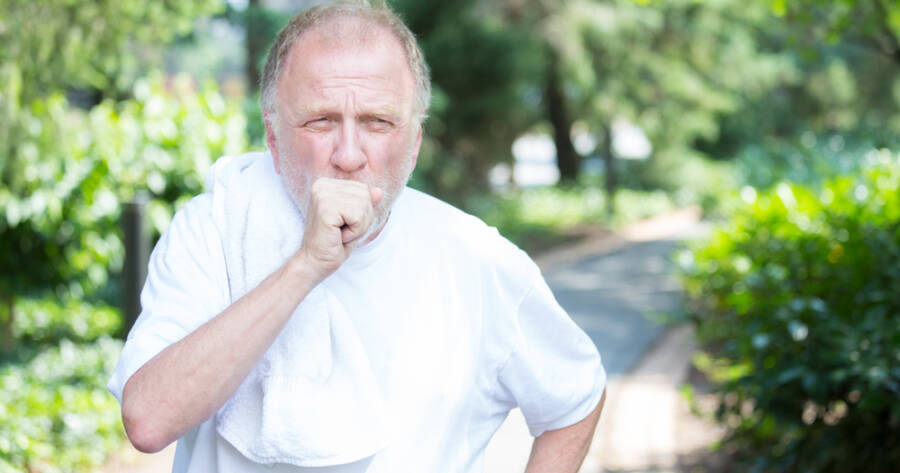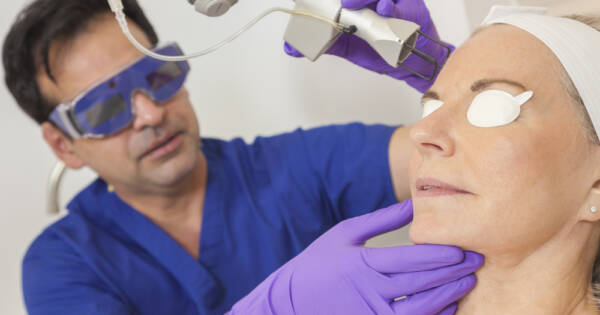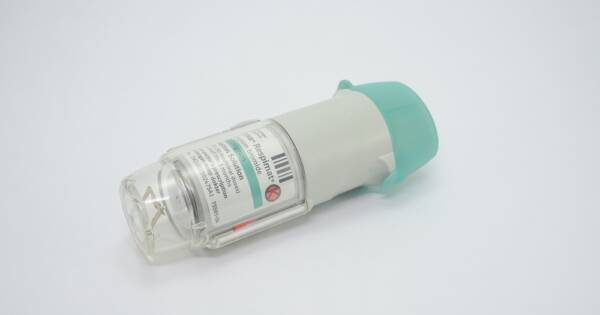Chronic Obstructive Pulmonary Disease (COPD) is a common condition among seniors, affecting lung function and making it harder to breathe over time. Given that COPD is a progressive disease, managing symptoms and improving quality of life is a priority for many older adults. While treatments exist, their effectiveness often varies from person to person. This article explores several options that could help seniors manage COPD, focusing on methods that research suggests may offer relief, with an emphasis on personalized care.
What is COPD?
Chronic obstructive pulmonary disease, or COPD, is a chronic lung condition that affects millions of seniors worldwide. It encompasses various lung diseases, with the most common being chronic bronchitis and emphysema. COPD is characterized by breathing difficulties, persistent coughing, and the gradual deterioration of lung function over time.
It often develops due to long-term exposure to irritants like cigarette smoke or air pollution. Understanding COPD and its progression is essential for seniors, as it can significantly impact their daily lives.
Symptoms of COPD in Seniors
Recognizing the symptoms of COPD in seniors is pivotal for early intervention. These warning signs include experiencing shortness of breath even during light physical exertion, persistently coughing with mucus production, feeling chest tightness, succumbing to frequent respiratory infections, emitting wheezing sounds, and enduring a general fatigue and lack of energy.
Sadly, by the time these symptoms become evident, some irreversible lung damage may have occurred. It’s common for people to attribute these symptoms to aging or a lack of fitness, but it’s crucial to communicate any of these signs to your healthcare provider promptly to initiate preventive measures and minimize further damage.1
Treatment Options
- Medications: In the arsenal of COPD treatments for seniors, medications play a crucial role. Seniors can access a range of medications, available in various forms such as pills, inhalers, and even intravenous administration during hospitalization for severe symptoms. Inhalers can be a daily preventive measure or a quick relief option during breathing difficulties, working to prevent the constriction of airway smooth muscles.2 For those battling lung inflammation, doctors may prescribe steroids to alleviate it. In cases of lung infections triggering flare-ups, antibiotics may also be included in the treatment plan. These medications, tailored to individual needs, are essential tools in managing COPD effectively.
- Lifestyle Changes: Change can be challenging at any age, but when someone has COPD there are certain lifestyle changes that have to be made. The first and foremost lifestyle change is to stop smoking and stay away from secondhand smoke. This is especially important on days with poor air quality. You also need regular physical activity to boost endurance. Staying hydrated will help thin airway mucus and ease breathing. Keep up-to-date on vaccinations, practice frequent handwashing, and avoid contact with sick individuals to prevent illness. Eat a healthy diet while steering clear of salty or processed foods, reduce stress, and consult a doctor with any questions or concerns.
- Oxygen Therapy: When COPD leads to dangerously low oxygen levels, supplemental oxygen therapy can be a lifeline for seniors. Administered through a face mask or a subtle nasal cannula, this therapy provides an extra supply of oxygen, making breathing easier. While some individuals may only require it during activity or sleep, others rely on it continuously. Portable and lightweight oxygen therapy devices have revolutionized COPD management, enabling seniors to lead more active lives, both at home and in their communities. This therapy not only enhances comfort but also contributes to extended life expectancy for seniors battling COPD.
Pulmonary Rehabilitation
Pulmonary rehabilitation is a valuable resource for seniors with COPD, spanning all stages of the condition. This specialized program comprises a tailored blend of therapies aimed at enhancing both physical and mental well-being in individuals with lung disorders.
The specific components of this rehabilitation regimen vary based on your parent’s unique needs, but typically involve exercise training, educational sessions, and guidance for making beneficial lifestyle changes. This comprehensive approach empowers seniors to better manage their COPD, fostering improved lung function and overall quality of life.
Avoid Irritants and Exacerbations
Taking proactive steps to avoid irritants and exacerbations plays a pivotal role in managing COPD effectively. For seniors battling this condition, steering clear of known triggers is paramount. Steering clear of cigarette smoke, whether from smoking or second-hand exposure, tops the list. Additionally, minimizing contact with large crowds, especially during flu seasons, and getting annual flu vaccinations can help ward off illnesses that can worsen COPD symptoms.3
Beyond that, maintaining a wholesome lifestyle by ensuring adequate sleep, a balanced diet, proper hydration, and regular hand hygiene can significantly enhance a COPD patient’s quality of life. These practical measures may not be direct treatments, but they serve as essential strategies to keep COPD symptoms at bay and improve overall well-being.
Learn More About COPD Treatments for Seniors
COPD management is not a one-size-fits-all approach. Seniors living with COPD must work closely with their healthcare providers to find the right combination of treatments that align with their needs and goals. While medications such as bronchodilators and corticosteroids may help manage symptoms, lifestyle adjustments and pulmonary rehabilitation can further enhance quality of life.
Oxygen therapy or newer treatment options may also offer additional support, depending on the severity of the condition. Ultimately, managing COPD requires patience and ongoing evaluation. Each person’s experience with the disease is unique, and what works for one individual may not work for another. Regular check-ups, open communication with healthcare providers, and a willingness to adapt are key elements of effective COPD care for seniors.




